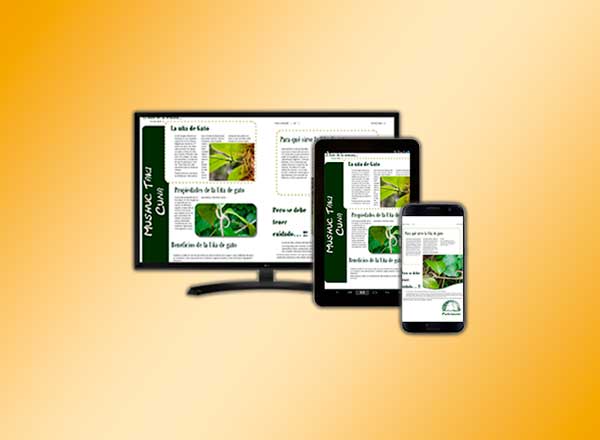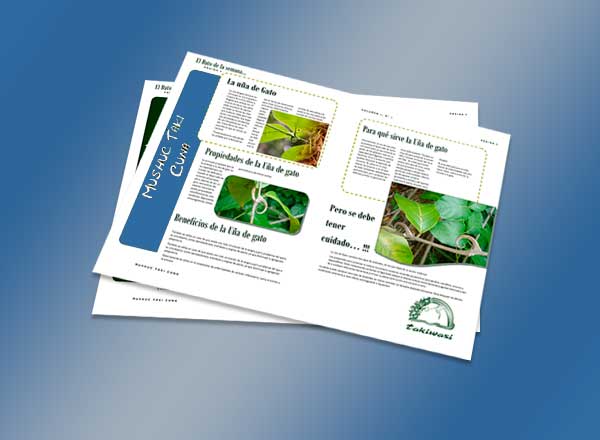Online Library
The Takiwasi Center has a library specialized in traditional medicines, which holds a fund of more than 6,000 books, 2,000 articles and 300 audio-visual elements mainly related to the fields of ethnomedicine, indigenous spirituality, psychology, anthropology, drug addictions and botany. It is a unique resource for national and international researchers who have free access to it. Takiwasi's resident patients also benefit from its contents.
Takiwasi also has a collection of digital documents which includes a wide variety of books and articles related to medicinal plants, spirituality and psychology, among other topics. These contents, accessible through our website, are organized according to three classification groups: Articles produced by Takiwasi, Documents of general interest and Theses and research works carried out by national and international students and researchers.
The Center also develops its own editorial line that has several magazines, documentaries and books that are available for sale in our Store, whether in physical or digital format.
Featured Article
The armor worn by veterans: A journey of strength, struggle, and healing
Author: Arnaud Montagne.
Abstract
This article focuses on the psychological and emotional journey of military veterans, exploring how their military training creates a tough, almost impenetrable armor that they must later shed to heal. For many military veterans, the scars of war are not just those seen on the outside, but those buried deep within. As soldiers, they are trained to endure extreme conditions, both physical and emotional. In this rigorous environment, vulnerability is not seen as an option. Instead, they are taught to "suck it up," to push through pain, fear, and trauma. Over time, this mindset builds a psychological and emotional armor, one that serves to protect them in combat but can prove to be a heavy burden once they leave the battlefield.
Links of Interest
Further documents of interest can be found on the following websites:
- CISEI, Inter-American Council on Indigenous Spirituality - Chapter Argentina.
- Virtual Health Library, of the Traditional, Complementary and Alternative Medicine Network.
- Natura & Psique, non-profit cultural association whose activities are directed to the recovery of the deep soul through animistic participation to Nature.
- Asociación GASS , to recover, with freedom, all that has been useful and important for the health care and the environment through science, art and human spirituality.
- Amerindia, Catholic network of religious persons with an ecumenical spirit and open to dialogue and interreligious cooperation with other institutions.
- Prodiversitas Colombia , NGO committed to the defense and ecological interconnection of biological, social and cultural diversity.
- Revista Cultura y Droga, presents scientific articles and information on research and experiences concerning the cultural applications of entheogens and other psychoactive substances.
- El Orejiverde, newspaper of the indigenous peoples, Argentina.
- Amazônia Real, pethical and investigative journalism, dedicated to the issues of the Amazon.
- IBC Documentation Center, source of specialized information on the environment, the Amazon and indigenous peoples.
Contact Form
×A confirmation e-mail has been sent to your account.


